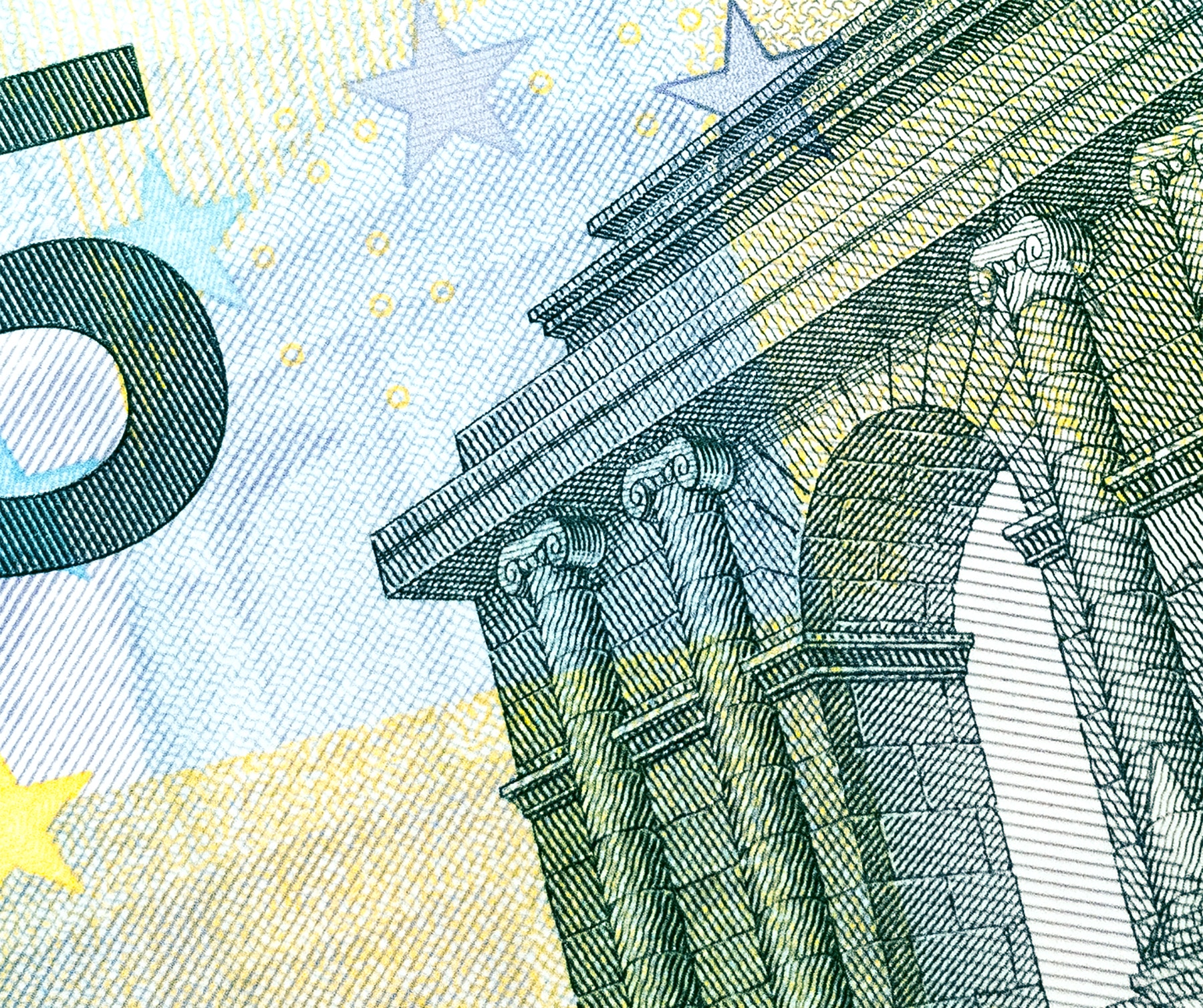The new cash injection for N26 is a fan of the German fintech scene. A comparison with Deutsche Bank reveals a lot about our risky bets on the future
The future of German banks in 2019 is somewhere between 2.3 billion and 15 billion euros. The first number since Thursday is the value of Fintechs N26, after a round of financing over $ 300 million, the second of the stock market value of Deutsche Bank. One value explodes, the other implodes.
Both banks were founded in Berlin, the first in 2013, the latter in 1870. One is run by a 33-year-old, Valentin Stalf, the other is the Institute of Hermann Josef Abs, Alfred Herrhausen and Josef Ackermann. One has a chief data officer named Gino, the other a supervisory board called Paul Achleitner.
One has 2.3 million customers in 24 countries, 60 percent of whom are under 35, and the other has around 20 million customers worldwide. N26 still had 200,000 customers in 2016 because it is growing breathless, and Deutsche Bank still has eight million in 2016 because it has now integrated Postbank. N26 employs 750 people, and Deutsche Bank wants and needs to get down to 97,000.
N26 is a bet for a great future
N26 has customer deposits worth € 1 billion and Deutsche Bank € 483 billion. One has a balance sheet of 150 million euros, the other of 1475 billion. The balance sheet total should grow, the other one must shrink. N26 has four key figures on its homepage, the annual report of Deutsche Bank 444 pages. One reports on her homepage about her # nobullshit campaign and 4 things you should know about the Schufa. The other with an army of specialists and their honorable chief investment strategist Ulrich Stephan about investment trends in 2019.
The one makes loss because she wants to conquer the world, the other because she has conquered the world. N26 still does not know how to make money, Deutsche Bank does not know how to make enough money. N26 is a bet for a great future, Deutsche Bank is eating its glorious global past. One is celebrated, the other despised or regretted.
You see, dear readers, this game with the sometimes unequal, perhaps unfair, comparisons can continue to spin endlessly – because we are in the realm of fantasy: N26 is inspiring, although it is completely unclear how Fintech should earn money. Most customers have a free account, just the part of the value chain where it’s so hard to make money.
Clash of future and past
And per customer has N26 just deposits in the amount of 430 euros. But the tech bankers in Berlin still win 10,000 customers a day, and it is such growth numbers that stimulate such fantasies and attract billions from investors: The winner is those who build ecosystems and platforms, who thinks big and global. And that is also the good thing about N26: Too often, German start-ups are accused of thinking too small and only of the German, and possibly of the European market. For what does N26 say? That they want 100 million customers.
Great sounds, indeed, where you will have to measure them. But the round of financing, which makes N26 Germany’s third most valuable bank in one go, even though it has as many deposits as a medium-sized savings bank, is a good signal for the German fintech scene – where Finleap, the Solarisbank, Kredittech, Scalable and Sumup are always frolicking more interesting names. The scene was able to collect around 1 billion euros in 2018.
Thinking big and global – ironically enough, that’s exactly what Deutsche Bank has become doomed to, but one would have to say: megalomaniac and global. And, second irony, the solution is not in size, but in shrinking.
The comparison of numbers shows an imbalance, a clash of the future and the past – but also a race that has not gone by at all. N26 is booming as plenty of fresh money flows, leaving the story of world conquest intact. The Deutsche Bank stops only when it earns more and sustainable money and the story of the decline disappears.

